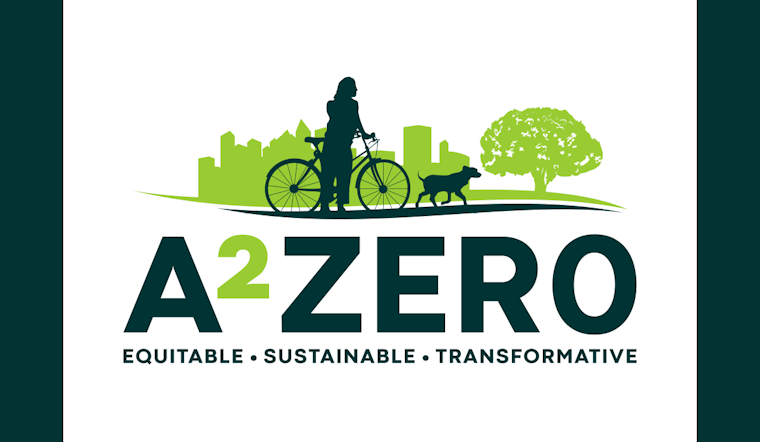
In a move to further its sustainability goals, Ann Arbor now requires all home sellers within its city limits to cough up the energy scores of their properties before sealing a deal with buyers. This ordinance, known as Home Energy Rating Disclosure (HERD), kicked in on March 12, according to the City of Ann Arbor, Michigan.
Those looking to stick a 'For Sale' sign on their front yards will need to tote along a detailed breakdown of their home's energy juice – something akin to a miles-per-gallon sticker you'd eye on a new car. Julie Roth, the manager of Ann Arbor's Energy Team, said, "Similar to if you're gonna buy a car, you wouldn't even think about buying a car without knowing what a miles per gallon is, so HERD and home energy score is like miles per gallon for your home", as per the City of Ann Arbor, Michigan.
Violators of the ordinance could face a fine of $500 in the fall. This mandatory disclosure illuminates the potential energy expenditures and carbon footprint of single-family homes and detached or side-by-side townhomes. The new law obliges sellers to divulge their home's energy assessment in at least one real estate listing, to any prospective buyers, and Ann Arbor's sustainability office.
The assessments are aligned with the Department of Energy’s standards, and the city has promised to foot the bill for the assessment. However, home sellers have the alternative to hire a private assessor at their own expense. Martin Bouma, a Metro Detroit realtor, voiced his skepticism about the effectiveness of the scores influencing buyer decisions and mentioned delays in the assessment process.
The local government is striving to chip away at the 23% of greenhouse gases that residential buildings contribute to the city’s overall emissions. The HERD ordinance slots into its broader A2Zero plan to push the city towards carbon neutrality by 2030, a Herculean task aimed at bettering health, safety, and indoor air quality. The office was established back in 2018 and is leading the charge towards this ambitious target. As for the specifics, an assessment can take up to 90 minutes, with results doled out in three business days, and these energy scores remain valid for eight years so long as no major energy-relevant renovations ensue.









